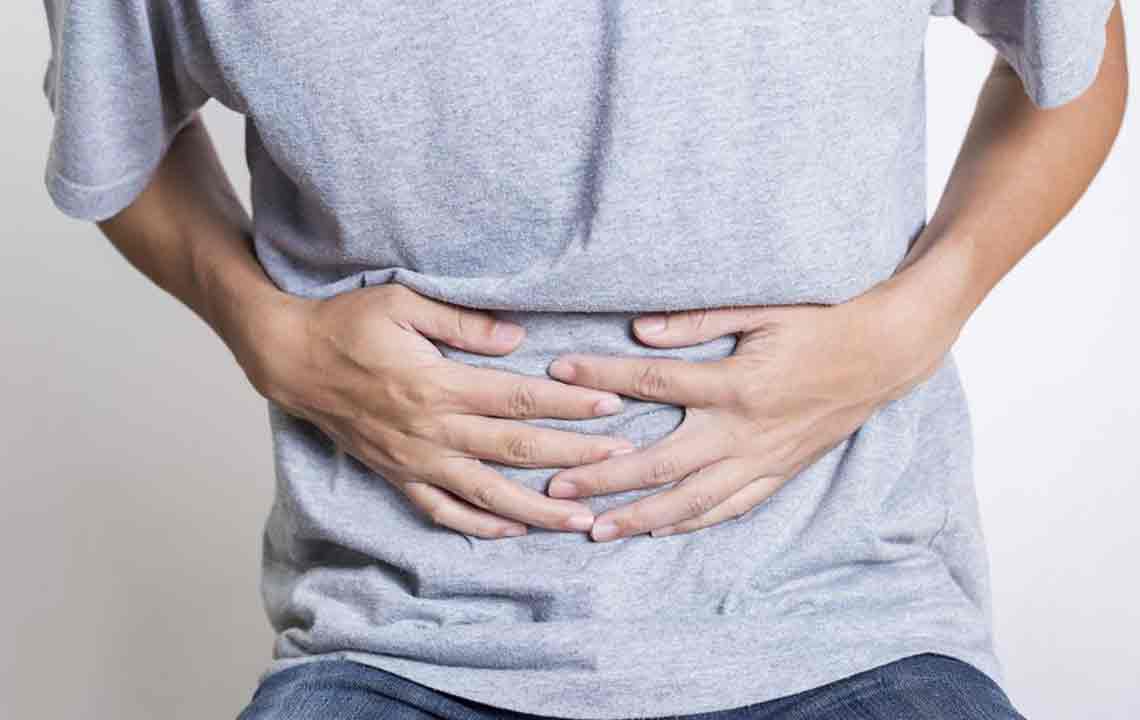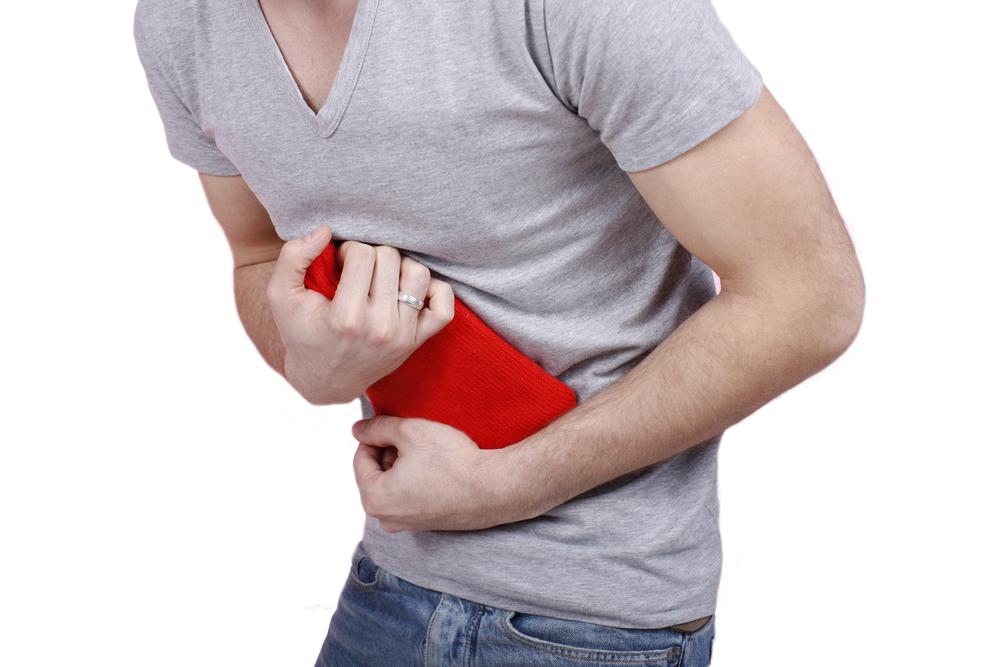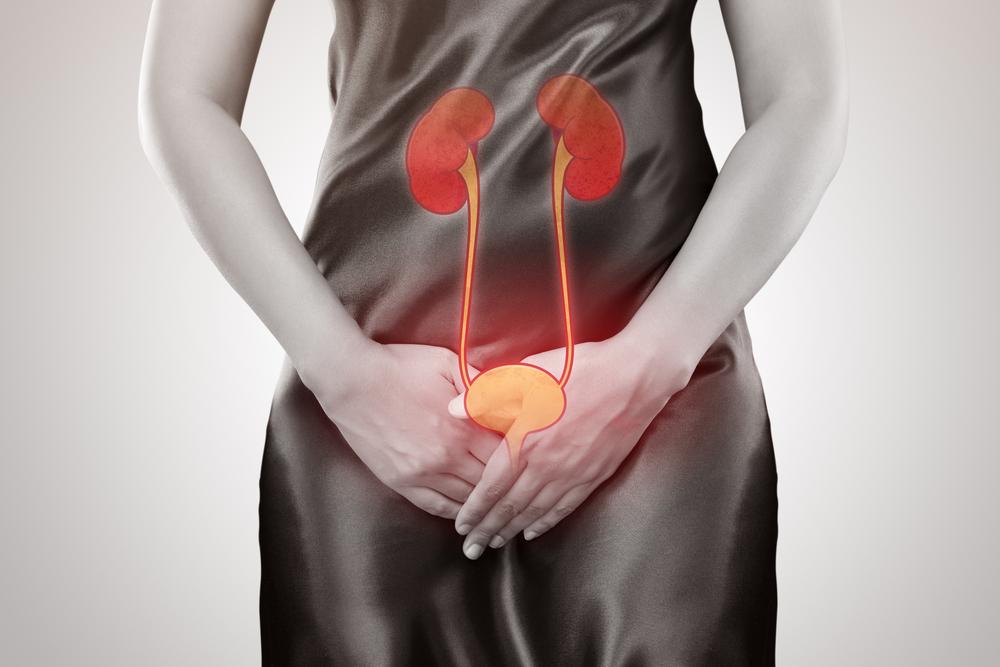Understanding Diarrhea: Causes, Symptoms, and Remedies
This article explores the causes, symptoms, and treatment options for diarrhea. It highlights common infections, dietary issues, medications, and underlying conditions that lead to diarrhea. Practical home remedies like chamomile tea, bananas, and yogurt are also discussed for symptom relief. Readers are advised to stay hydrated, avoid irritants, and seek medical help if symptoms persist, ensuring better management of this common digestive issue.

Understanding Diarrhea: Causes, Symptoms, and Remedies
Diarrhea occurs when your digestive system malfunctions, leading to loose, watery stools and increased bowel movements. Despite being common and usually harmless, severe cases can pose health risks. Frequent bathroom visits can also cause embarrassment. Diarrhea often results in fatigue and weakness, as the body loses significant fluids, leading to dehydration.
Key Symptoms of Diarrhea
Persistent bloating or abdominal distension.
Loose or watery stools that may cause dehydration.
Nausea and the urge to vomit.
Stomach cramps and pain.
Presence of blood or mucus in stool.
Fever and body aches.
Frequent bowel movements.
Common Causes of Diarrhea
Bacterial and Parasite Infections Contaminated food and water can transmit bacteria like campylobacter, salmonella, Escherichia coli, Shigella, and parasites such as cryptosporidium and giardia lamblia.
Viral Infections Viruses like norovirus, hepatitis, cytomegalovirus, and rotavirus (common in children) can cause diarrhea. Travelers to underdeveloped regions may experience traveler's diarrhea due to viral exposure.
Lactose Intolerance Individuals with low levels of the enzyme lactase have difficulty digesting lactose in milk and dairy products, leading to diarrhea.
Fruity Sugars Inability to digest fructose, found in sugar, honey, and some beverages, can result in diarrhea.
Medications Antibiotics and certain drugs can disturb intestinal bacteria, causing bowel disturbances.
Artificial Sweeteners Compounds like sorbitol and mannitol in sugar-free products may trigger diarrhea in sensitive individuals.
Post-Surgical Effects Surgeries such as gallbladder removal or abdominal procedures can lead to temporary diarrhea.
Other Medical Conditions Disorders like ulcerative colitis, celiac disease, Crohn's disease, microscopic colitis, and irritable bowel syndrome are also linked to diarrhea.
Effective Treatments for Diarrhea
Increase fluid intake with rehydration solutions or electrolyte drinks to prevent dehydration.
Avoid spicy and irritating foods that can worsen symptoms.
Limit or avoid chewing gums with artificial sweeteners, such as sorbitol.
Refrain from consuming dairy products for at least three days after symptoms appear.
Eat a bland diet comprising rice, bananas, applesauce, and toast.
Over-the-counter medications like Pepto-Bismol, Imodium, and Kaopectate can provide relief.
Natural Home Remedies
Chamomile Tea Known for its antispasmodic and anti-inflammatory properties, chamomile tea can soothe intestinal cramps and reduce inflammation.
Bananas Rich in pectin and potassium, bananas help firm up stool and replenish lost electrolytes.
Yogurt Contains beneficial probiotics such as lactobacillus acidophilus and bifidobacterium, which restore gut bacteria and combat diarrhea-causing pathogens.
Adopting these measures can alleviate diarrhea symptoms, but persistent issues warrant medical consultation for personalized treatment.










